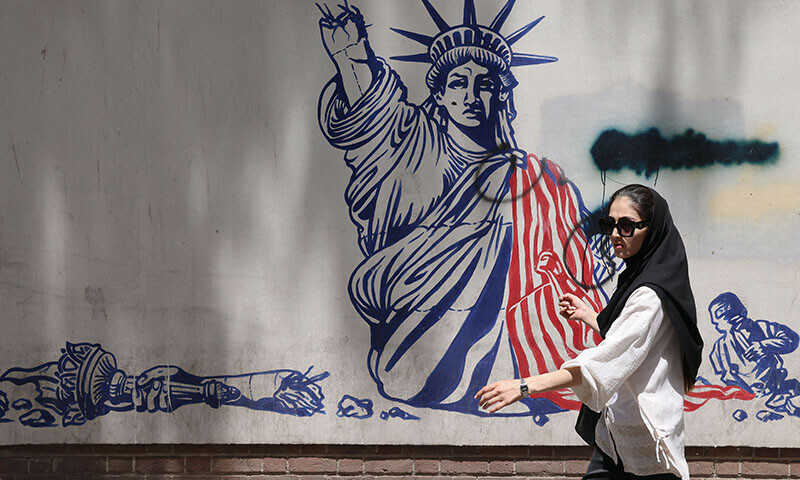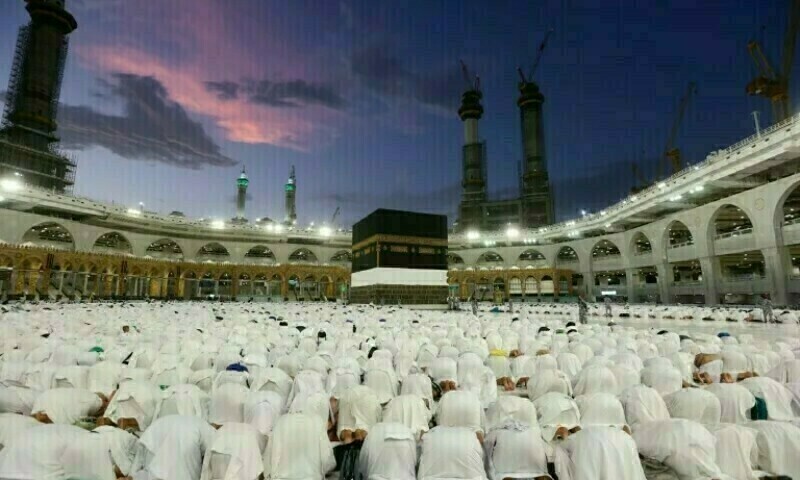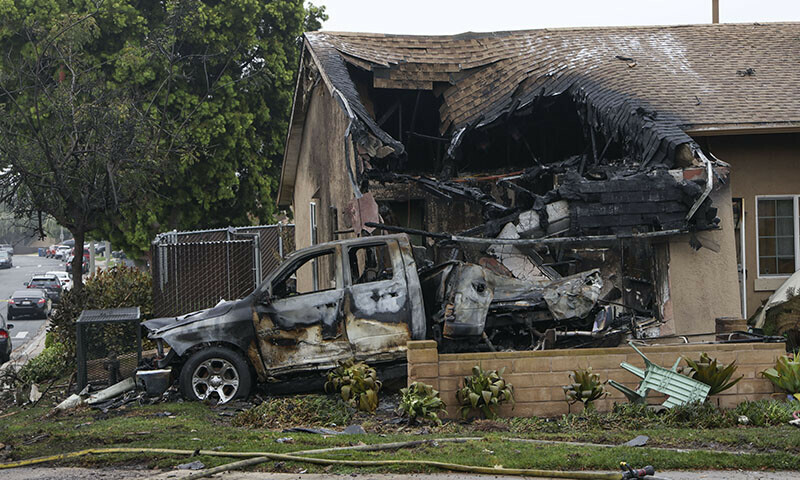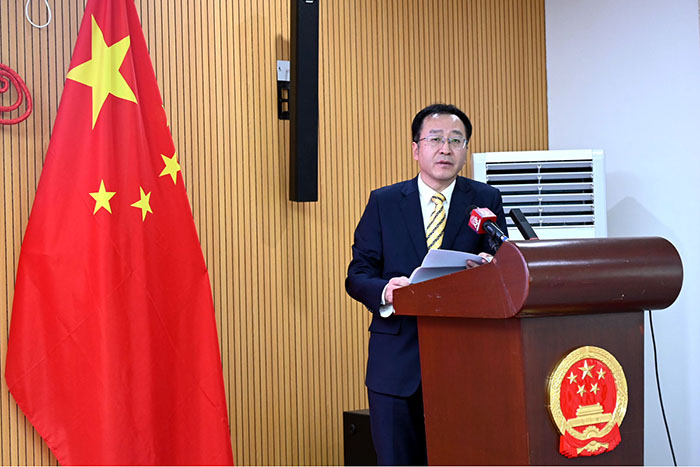WORLD NEWS
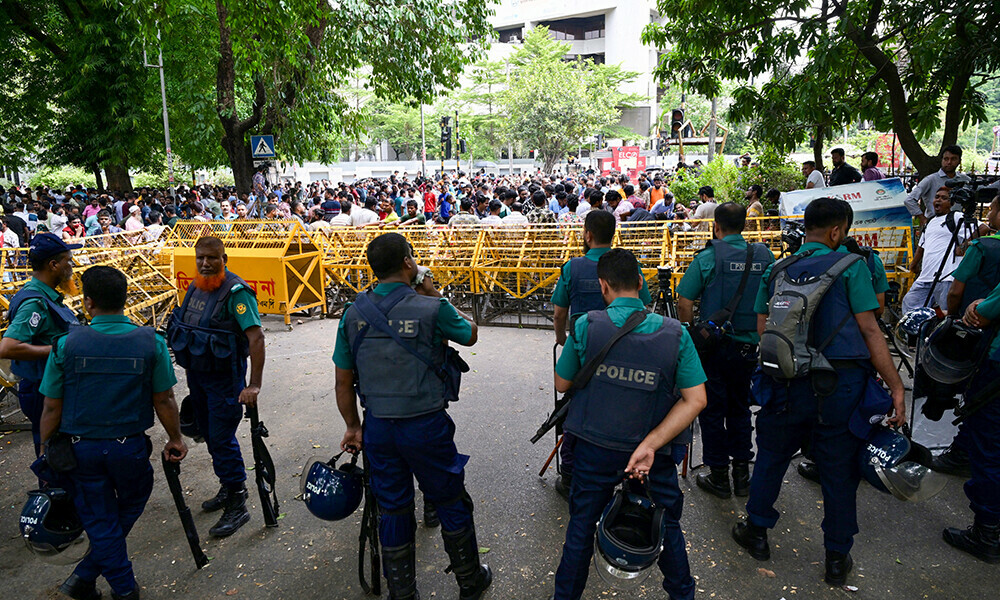
Political turmoil continues to grip Bangladesh nearly a year after the dramatic ouster of former Prime Minister Sheikh Hasina, with new allegations surfacing against the interim government led by Nobel laureate Muhammad Yunus.
Hasina was deposed in a student-led uprising in August 2024, ending her decades-long rule. Yunus, hailed internationally for his work on microfinance, was appointed interim leader and pledged sweeping democratic reforms — including holding elections by June 2026.
However, international rights watchdog Human Rights Watch (HRW) has expressed serious concerns that Yunus may be replicating the authoritarian tactics of his predecessor.
“Instead of pursuing its pledge to reform the criminal justice system and bring accountability for serious abuses, the government … is attempting to suppress the rights of supporters of the deposed leader,” HRW said in a statement released from New York.
The organization highlighted the May 12 ban on Hasina’s Awami League party, enacted after days of protests outside Yunus’s residence. The government cited a newly amended Anti-Terrorism Act, which HRW described as “draconian” and dangerously open-ended, for taking such action.
Hasina in Exile
Sheikh Hasina, now 77, has fled to India and is facing an arrest warrant in Bangladesh for alleged crimes against humanity. Despite her exile, the Awami League remains active, with loyalists continuing to stage demonstrations demanding her return and reinstatement.
HRW’s Meenakshi Ganguly warned:
“Imposing a ban on any speech or activity deemed supportive of a political party is an excessive restriction on fundamental freedoms… The new government risks falling into the same pattern of repression.”
Reforms vs Reality
While Yunus came to power with promises of judicial reform, transparency, and restoration of civil liberties, the recent crackdown has drawn criticism both at home and abroad. His supporters argue that the ban is temporary and necessary for national stability, while critics accuse him of betraying the democratic aspirations of the student movement that brought him to power.
The Road Ahead
With elections still over a year away, Bangladesh’s path to democratic recovery remains uncertain. Political tensions are rising, and international observers are closely watching how Yunus handles dissent.
HRW and other rights groups have urged the interim government to lift political bans, repeal abusive laws, and open dialogue with all factions — including the banned Awami League — to ensure a free and fair political environment before the 2026 elections.
